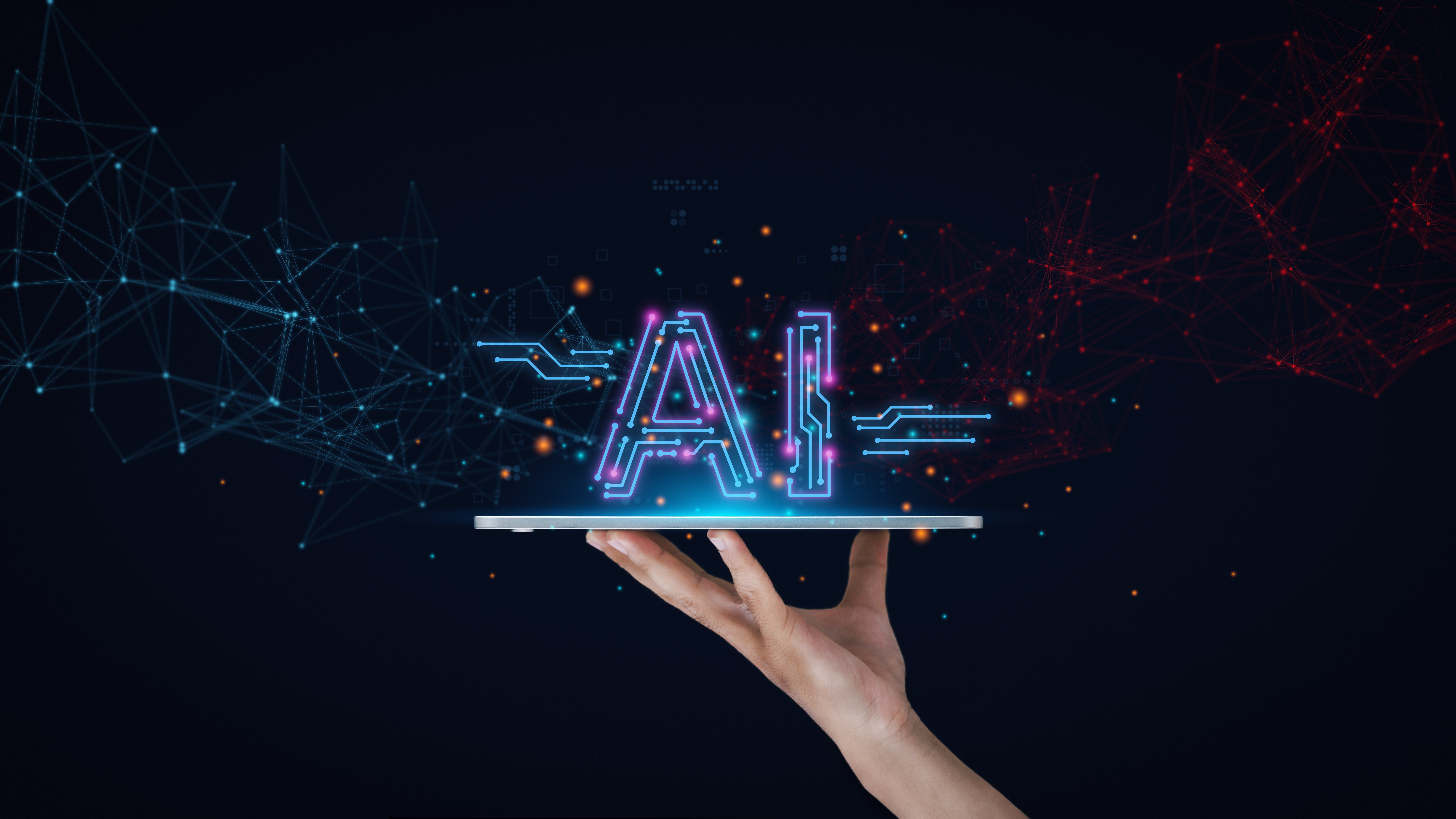In the era of rapid technological advancement, Artificial Intelligence (AI) has emerged as a transformative force, revolutionising various industries. The government sector, often characterised by complex processes and vast datasets, is not immune to the wave of innovation that AI brings. In this exploration, we delve into the diverse applications and implications of AI in government, shedding light on how this technology is reshaping the landscape of public administration in the United Kingdom.

1. Enhancing Efficiency in Public Services:
One of the primary applications of AI in government lies in enhancing the efficiency of public services. AI-powered systems can automate routine tasks, freeing up human resources to focus on more complex and strategic responsibilities. For example, chatbots equipped with natural language processing capabilities can handle citizen queries, providing quick and accurate information, thereby reducing the burden on customer service representatives.
In the UK, local councils and government agencies are increasingly adopting AI-driven tools to streamline administrative processes, from processing applications to managing inquiries. This not only accelerates service delivery but also contributes to cost savings and resource optimisation.
2. Data-Driven Decision Making:
The abundance of data within the government sector can be a valuable asset when harnessed effectively. AI excels at processing and analysing vast datasets, providing decision-makers with insights that inform policy formulation and programme optimisation. Machine learning algorithms can identify patterns, detect trends, and offer predictive analytics to guide strategic decisions.
For instance, AI can assist in identifying potential areas of public concern, predicting demand for services, and optimising resource allocation. This data-driven approach enables government agencies to make informed decisions that resonate with the evolving needs of citizens.
3. Improving Cybersecurity:
As government agencies handle sensitive information and critical infrastructure, cybersecurity is a paramount concern. AI plays a pivotal role in fortifying cybersecurity measures by identifying and mitigating potential threats in real-time. Machine learning algorithms can learn from patterns of cyberattacks, detect anomalies, and respond swiftly to protect government systems and data.
In the UK, AI-driven cybersecurity solutions are becoming integral to safeguarding government networks from evolving cyber threats. These systems provide a proactive defence against attacks, ensuring the integrity and confidentiality of sensitive information.
4. Personalising Citizen Services:
AI enables governments to personalise services and interactions with citizens by leveraging data analytics and machine learning. By understanding individual preferences, needs, and behaviours, government agencies can tailor their services to provide a more personalised and citizen-centric experience.
For example, AI-driven recommendation systems can suggest relevant government services based on citizens' past interactions or preferences. This not only enhances user satisfaction but also fosters a more engaging and responsive relationship between citizens and the government.
5. Streamlining Legal Processes:
Legal processes within the government sector often involve substantial paperwork and intricate documentation. AI applications, such as natural language processing and document analysis, can significantly expedite legal procedures. Automated systems can review legal documents, extract relevant information, and facilitate the processing of legal cases.
In the UK, AI is being explored in the legal domain to streamline tasks such as contract review, case analysis, and compliance monitoring. This not only accelerates legal processes but also reduces the margin for error, ensuring greater accuracy in legal documentation.
6. Enhancing Public Safety:
AI technologies contribute to enhancing public safety by providing tools for predictive policing, emergency response optimisation, and threat detection. Machine learning algorithms can analyse crime data to predict potential hotspots, enabling law enforcement agencies to allocate resources effectively.
Furthermore, AI-driven surveillance systems can identify unusual patterns or behaviours in real-time, enhancing the ability to respond swiftly to security threats. In the UK, these technologies are being employed to bolster public safety measures and improve emergency response capabilities.
Challenges and Considerations:
While the potential benefits of AI in government are significant, challenges and considerations must be addressed. Ethical considerations, data privacy concerns, and the potential for bias in AI algorithms are crucial aspects that require careful attention. Transparency and accountability in AI systems are imperative to ensure that government AI applications align with ethical standards and respect citizens' rights.
The Future Landscape:
As AI continues to evolve, the future landscape of government services is poised for further transformation. Continued investment in research and development, interdisciplinary collaborations, and a commitment to ethical AI practices will shape a future where the government leverages AI as a powerful tool for innovation and citizen-centric governance.
In Conclusion:
The integration of AI in government marks a paradigm shift in public administration, unlocking new possibilities for efficiency, data-driven decision-making, and citizen engagement. As the United Kingdom embraces AI technologies, the potential for positive impact across various government functions is immense. From personalised citizen services to streamlined legal processes and enhanced public safety, AI stands as a cornerstone for shaping a more responsive, efficient, and citizen-centric government in the 21st century.

Pips Houghton
Content Executive, GovNet Tech Events Portfolio.



-Apr-25-2024-09-43-35-5584-AM.png?width=80&height=80&name=Untitled%20design%20(77)-Apr-25-2024-09-43-35-5584-AM.png)
